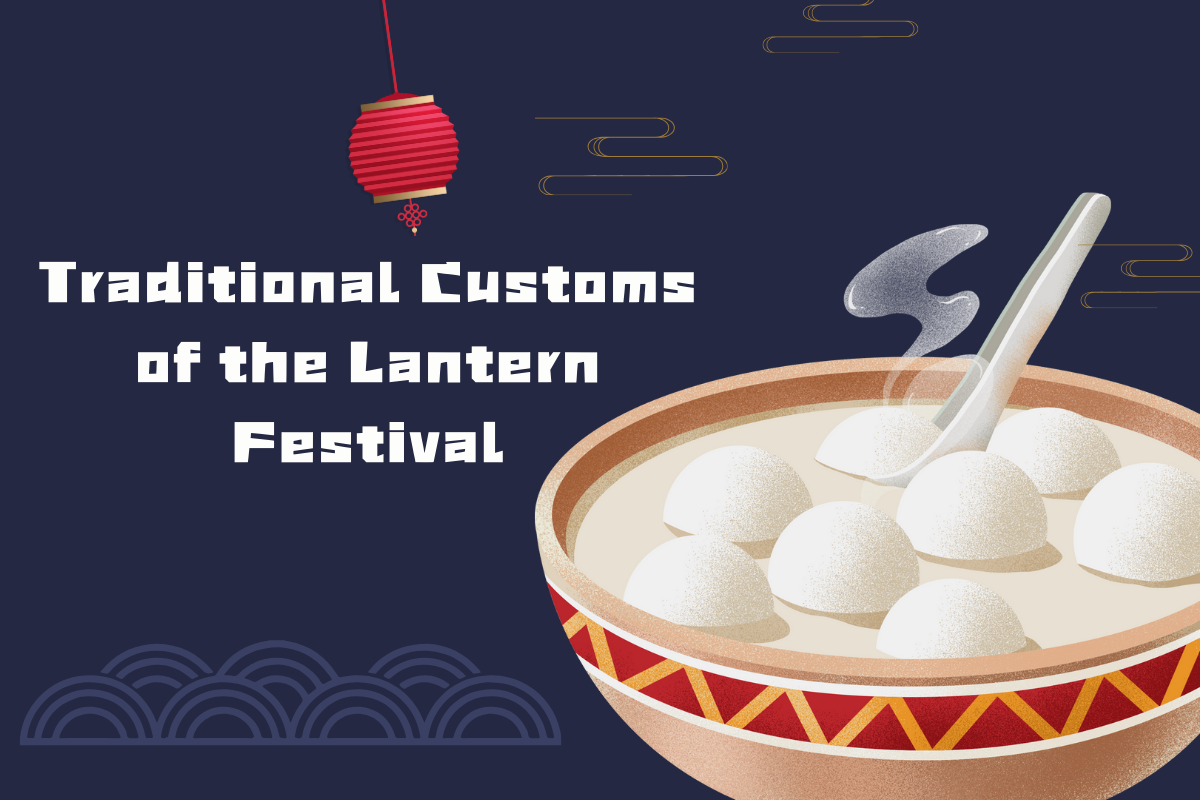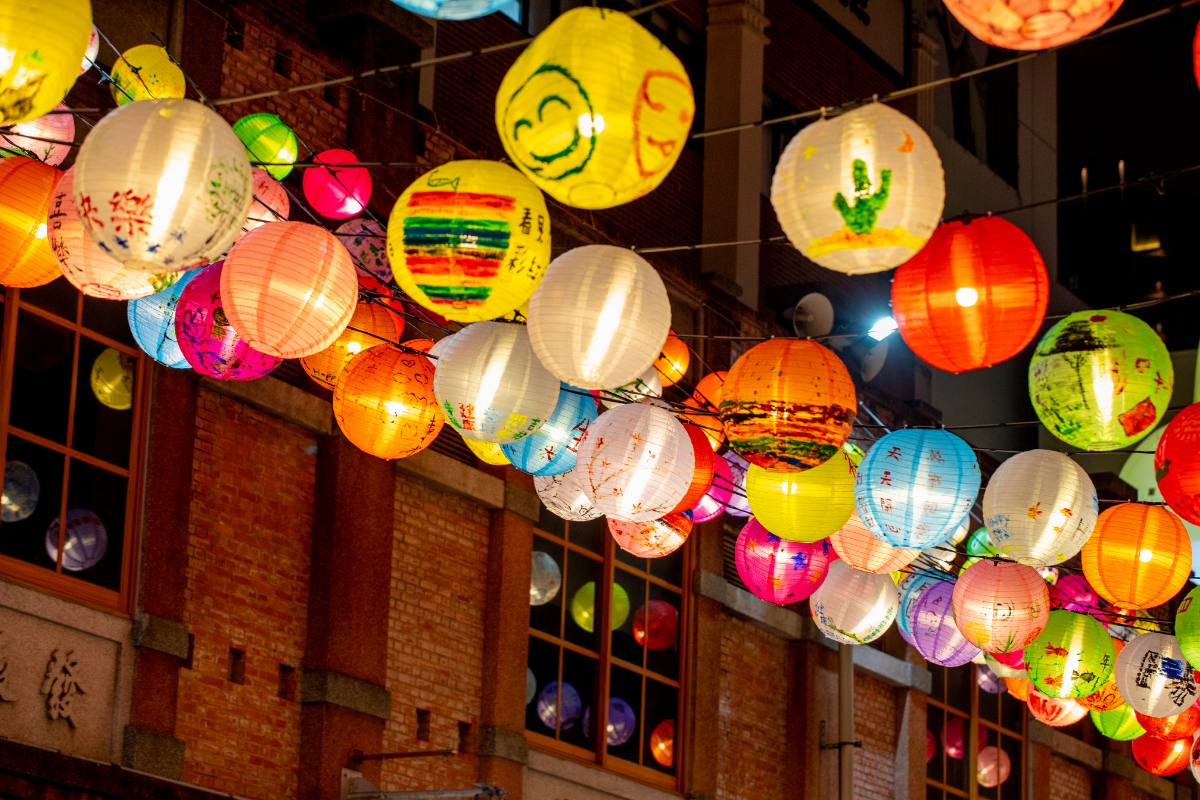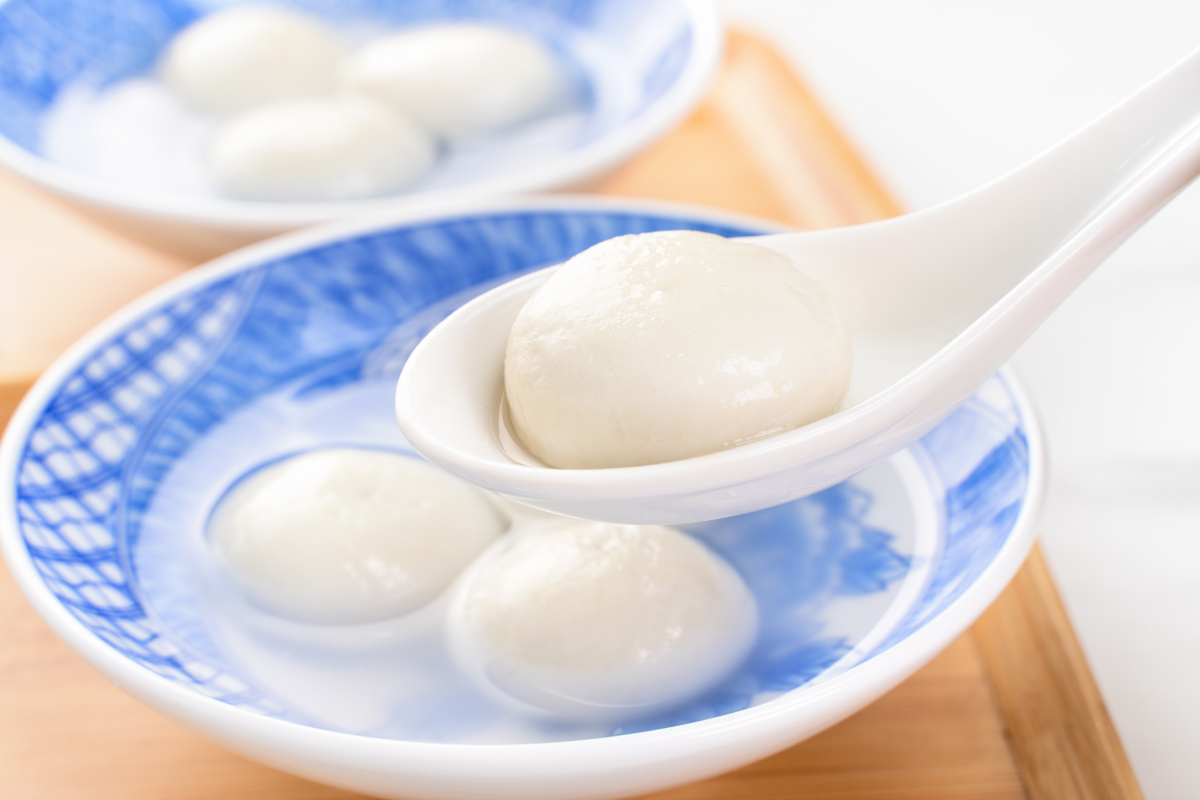Traditional Customs of the Lantern Festival
The Lantern Festival, also known as Yuanxiao Festival, is a time-honored celebration deeply rooted in Chinese culture. As one of the most significant events on the lunar calendar, this festival is marked by a myriad of traditional customs that have been passed down through generations. Join us as we delve into the rich tapestry of customs that make the Lantern Festival a cherished and vibrant occasion.

Lantern Displays (灯笼展示 - dēnglóng zhǎnshì)
Perhaps the most iconic symbol of the Lantern Festival is the dazzling display of lanterns. Intricately crafted 制作的 (zhì zuò de) in various shapes, sizes, and colors, these lanterns adorn streets, parks, and homes, illuminating the night sky with their enchanting glow. From traditional red lanterns symbolizing good fortune to elaborate artistic designs depicting scenes from folklore and mythology, lantern displays are a feast for the eyes and a centerpiece of the festival.
制作的 (zhì zuò de), adj, crafted
Examples:
- The beautifully crafted lanterns illuminated the night sky.
精美制作的灯笼照亮了夜空。
Jīngměi zhìzuò de dēnglóng zhàoliàng le yèkōng. - She admired the intricately crafted pottery on display.
她欣赏了展示的精巧制作的陶器。
Tā xīnshǎng le zhǎnshì de jīngqiǎo zhìzuò de táoqì.

Eating Tangyuan (吃汤圆 - chī tāngyuán)
Tangyuan, or sweet rice balls, are a must-have delicacy during the Lantern Festival. These glutinous rice balls are typically filled with sweet fillings such as sesame paste, red bean paste, or sweetened dried fruit and served in warm, fragrant broth. Eating tangyuan with family and friends symbolizes unity 团结 (tuán jié) and harmony, making it an essential part of the festival's customs.
团结 (tuán jié), noun, unity
Examples:
- The unity among classmates made the group project a success.
同学们的团结使得小组项目取得了成功。
Tóngxuémen de tuánjié shǐde xiǎozǔ xiàngmù qǔdéle chénggōng. - Our family is very united.
我们一家很团结。
Wǒmen yī jiā hěn tuánjié.

Guessing Lantern Riddles (猜灯谜 - cāi dēngmí)
Another beloved tradition of the Lantern Festival is the guessing of lantern riddles. Lanterns with riddles written on them are hung in public spaces, and visitors are invited to solve the puzzles. These riddles, often containing witty wordplay and cultural references, add an element of fun and challenge to the festivities, bringing people together in friendly competition and intellectual stimulation.
Key Sentences:
- Let's go solve some lantern riddles at the Lantern Festival tonight!
今晚让我们去元宵节猜一些灯谜吧!
Jīn wǎn ràng wǒmen qù yuánxiāojié cāi yīxiē dēngmí ba! - Wow, look at the beautiful dragon dance at the Lantern Festival!
哇,看看元宵节上漂亮的舞龙表演!
Wā, kànkan yuánxiāojié shàng piàoliang de wǔ lóng biǎoyǎn! - I am looking forward to the delicious food of the Lantern Festival!
我非常期待元宵节的美食!
Wǒ fēicháng qídài yuánxiāojié de měishí!
What customs and activities associated with the Lantern Festival do you still know?
Related Articles
- What Show do People Watch on Chinese New Year?
- What Are the Rules for Red Envelopes in China?
- Why do so many people travel during Chinese New Year?
- Why do People Stay up all Night on Chinese New Year?
- Is it Bad Luck to Wash Your Hair on New Year's Eve?
- Can You Sweep the Floor During Chinese New Year?
- Why do People Visit Relatives During Chinese New Year?
- What are the 4 most Interesting Facts About Chinese New Year?
- What is the Evil Spirit in Chinese New Year?
- What Decorations are Used at Chinese New Year?
- Best Traditional Chinese New Year Activities (Part Three)
- Best Traditional Chinese New Year Activities (Part Two)
- Best Traditional Chinese New Year Activities (Part One)
- Chinese Red Packet Tradition: Traditional Blessings and Festivities
- The Dining Traditions and Symbolism of Chinese New Year that You must Know
- A Taste of Tradition: Comparing Northern and Southern Chinese New Year Feasts
- Lucky Food in Chinese New Year